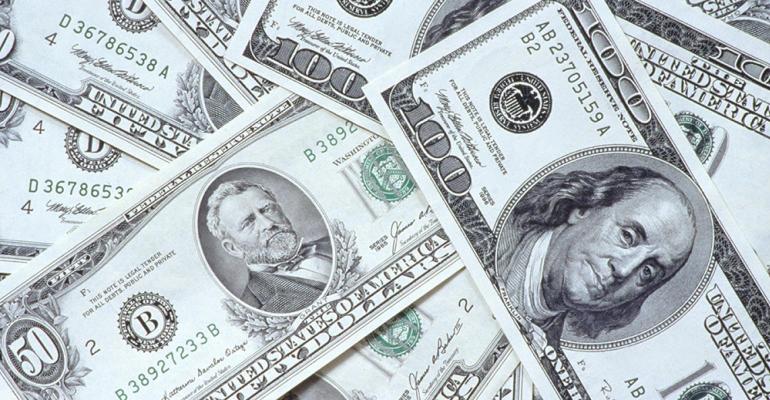Counting on getting one of those $10,000 advances on a federal emergency disaster loan? It might be too late.
The Small Business Administration, or SBA, on Saturday said businesses can no longer apply for advances on their Economic Injury Disaster Loan, or EIDL.
Through the program, the SBA approved $20 billion in emergency funding to small businesses and nonprofits. The EIDL Advance provided $1,000 per employee — up to $10,000 — to help businesses get by while they waited for a decision on their loan application. Recipients didn’t need to be approved for a loan to get the advance, and it doesn’t have to be paid back.
“Following the enactment of COVID-19 emergency legislation, the SBA provided nearly 6 million small businesses employing 30.5 million people with $20 billion through the unprecedented EIDL Advance program,” said SBA Administrator Jovita Carranza in a statement. “This program, built from the ground up in less than two weeks, assisted millions of small businesses, including nonprofit organizations, sole proprietors and independent contractors, from a wide array of industries and business sectors.”
As of July 3, the SBA had approved more than 2.2 million in EIDL loans totaling $134.6 billion. Nearly 5 million businesses had received emergency Advances, or a total of $16.3 billion at that point.
Congress approved $20 billion for the Advance program, but now that the funding has been allocated, the SBA said it has discontinued making EIDL Advances to new applicants.
Business, however, can still apply for EIDL loans, which have a 3.75% interest rate for small businesses, a 30-year maturity and an automatic deferment of one year before monthly payments begin.
Like the Paycheck Protection Program, EIDL assistance was fraught with confusion and headaches for applicants early on, and funding quickly ran out.
Congress refilled the coffers for both programs in April and the PPP deadline for applications was later extended through Aug. 8.
But as coronavirus cases spike and a growing number of states and cities back off indoor-dining reopening plans, it remains to be seen whether the industry will see more support from Congress, which is on recess until July 20.
Lawmakers in June introduced a bi-partisan bill, backed by the Independent Restaurant Coalition, that would create a $120 billion restaurant relief fund to provide grants to restaurants that are not publicly traded.
Contact Lisa Jennings at [email protected]
Follow her on Twitter: @livetodineout





